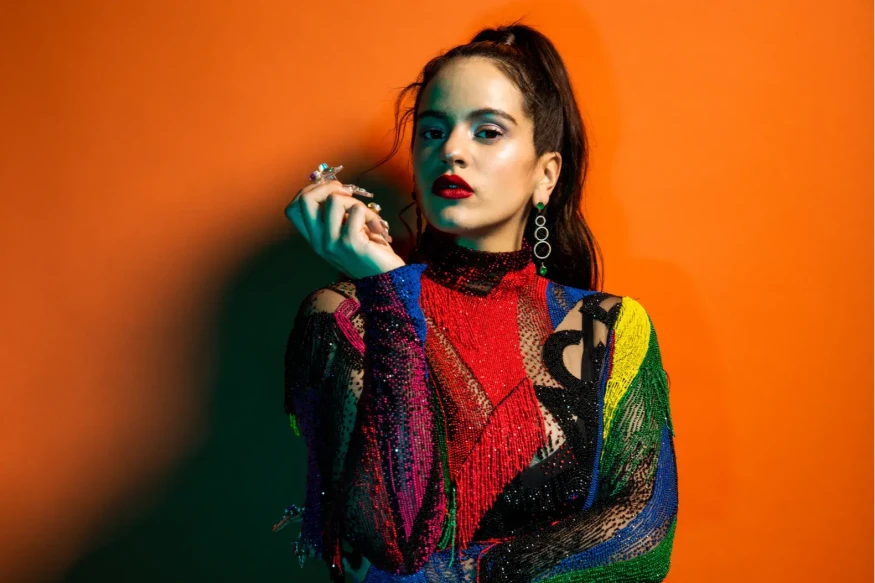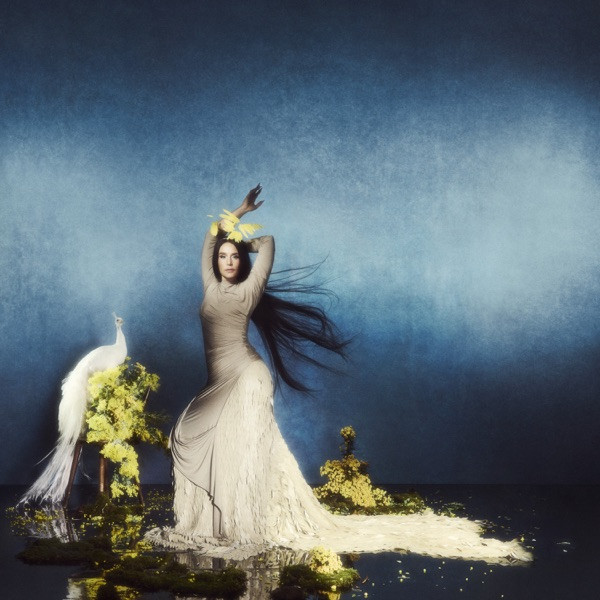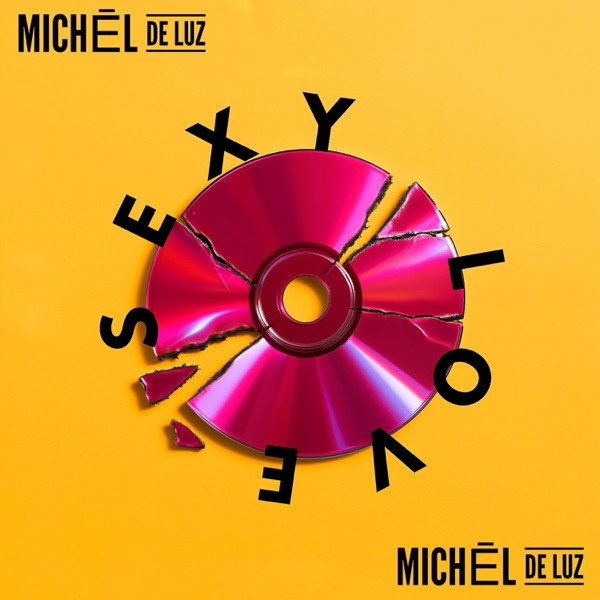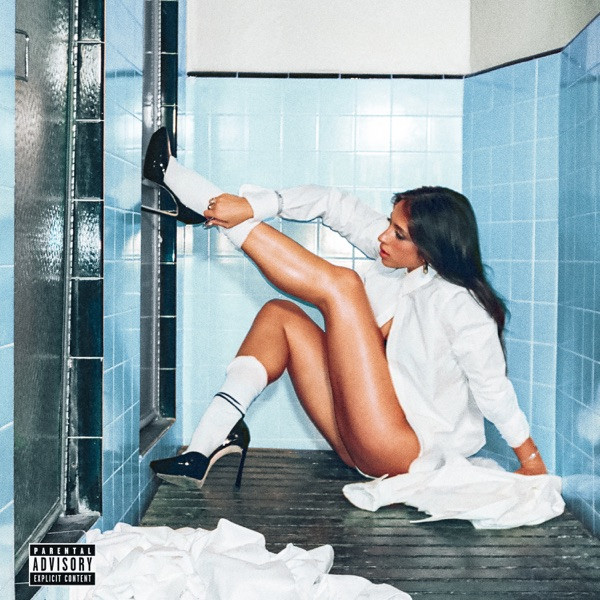
A calm but powerful message on violence, shame culture, and speaking out with honesty
Rosalía, the Spanish pop star who’s taken global music by storm, has finally broken her silence about the situation in Gaza. After days of social media pressure and a public call-out by Spanish designer Miguel Adrover, she responded with a heartfelt message that aimed to clarify her stance and question how we handle disagreement online.
The controversy erupted when Adrover announced that he had turned down a collaboration with Rosalía due to her lack of public comments on the humanitarian crisis in Gaza. He explained that silence in times of injustice amounts to complicity, especially when someone has a massive platform and influence. His statement quickly went viral, dividing public opinion. Some supported his decision, praising it as a stand for ethics. Others saw it as an unfair attack or an example of performative outrage culture.
Under mounting pressure, Rosalía shared her thoughts via social media. She admitted that she had read the criticism with sadness but clarified that her quietness didn’t mean she was ignoring what was happening. In her message, she called the ongoing violence terrible and said it deeply affected her. But she also addressed the larger issue: the way people online demand immediate and specific public reactions—and how that demand often leads to judgment, not change.
She emphasized that she does not see public shaming as a productive path forward. Instead, she encouraged people to direct their attention toward those with actual decision-making power, rather than attacking each other online. Her words struck a balance: acknowledging the pain in Gaza, while resisting the pressure to perform activism in the way others expect.
She also took a moment to reflect on the contradictions we all live with. She acknowledged that in a world full of moral dilemmas, it’s difficult to get everything right. Still, she expressed support for those who actively work to improve the world, whether through humanitarian organizations, journalism, volunteering, or activism. Her message wasn’t defensive—it was vulnerable and real.
The conversation about whether public figures should speak up on global issues is far from new. Many fans believe that anyone with a large audience has a duty to use it. Others argue that the pressure to comment on every issue, especially ones that are deeply complex and politically sensitive, can lead to rushed, shallow, or even misinformed responses.
Rosalía’s situation highlights this exact tension. On one hand, audiences crave honesty and commitment from the artists they admire. On the other, constant demands for statements can push people into roles they aren’t ready to fill—or may not be qualified to speak on. The pressure to respond instantly, perfectly, and publicly can cause more harm than good.
She seems to understand this. In her statement, she made it clear that she condemns the violence and the inaction of those in power. At the same time, she stood firm in rejecting the growing trend of turning public conversations into judgment battles. Her words served as a reminder that emotional honesty and public responsibility don’t always take the same form.
Her response also revealed something deeper: she’s aware of her imperfections. She admitted she’s not always sure what the right thing to do is, and that like everyone else, she’s navigating a confusing world filled with contradictions. But she still chose to speak up, on her own terms, in her own way.
This moment isn’t just about one artist—it’s part of a bigger question. What kind of dialogue do we want in the public space? Do we want instant reactions and declarations, or thoughtful reflection and real-world action? Rosalía isn’t trying to dodge responsibility. She’s just trying to bring the focus back to where it matters: the people in power who have the ability to create change, not those caught in the crossfire of online expectations.
As the online discussion continues, her message stands as a quiet challenge to all of us. She’s not pretending to have all the answers—but she’s asking if maybe, instead of tearing each other down, we can aim higher. Toward accountability that matters. Toward respect, even in disagreement. Toward meaningful action instead of viral outrage.







